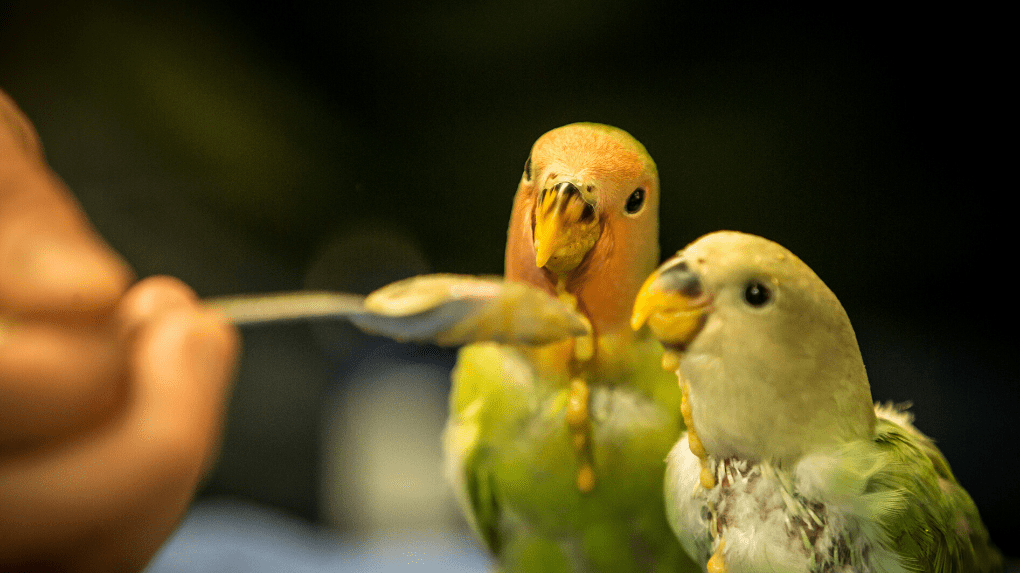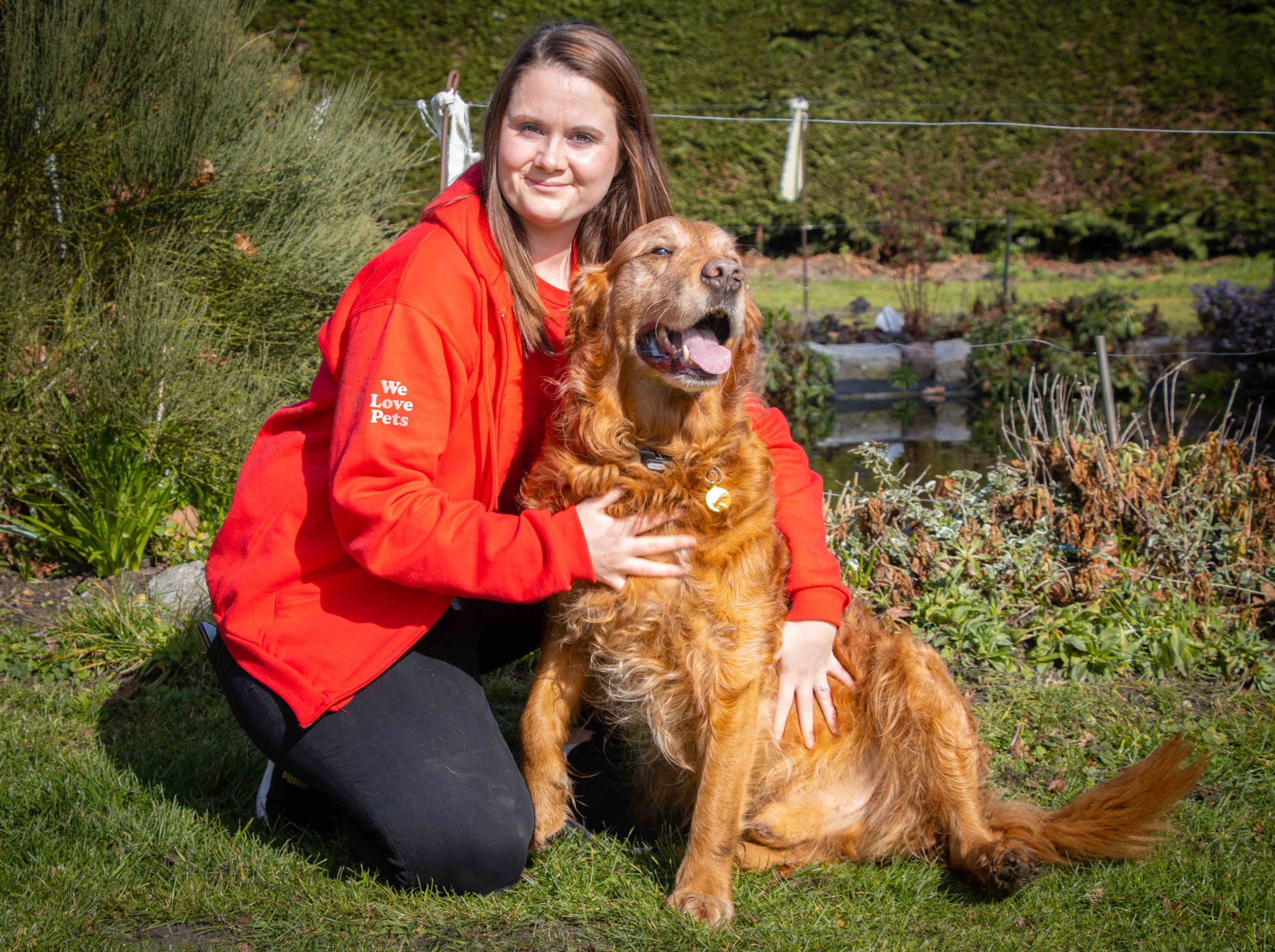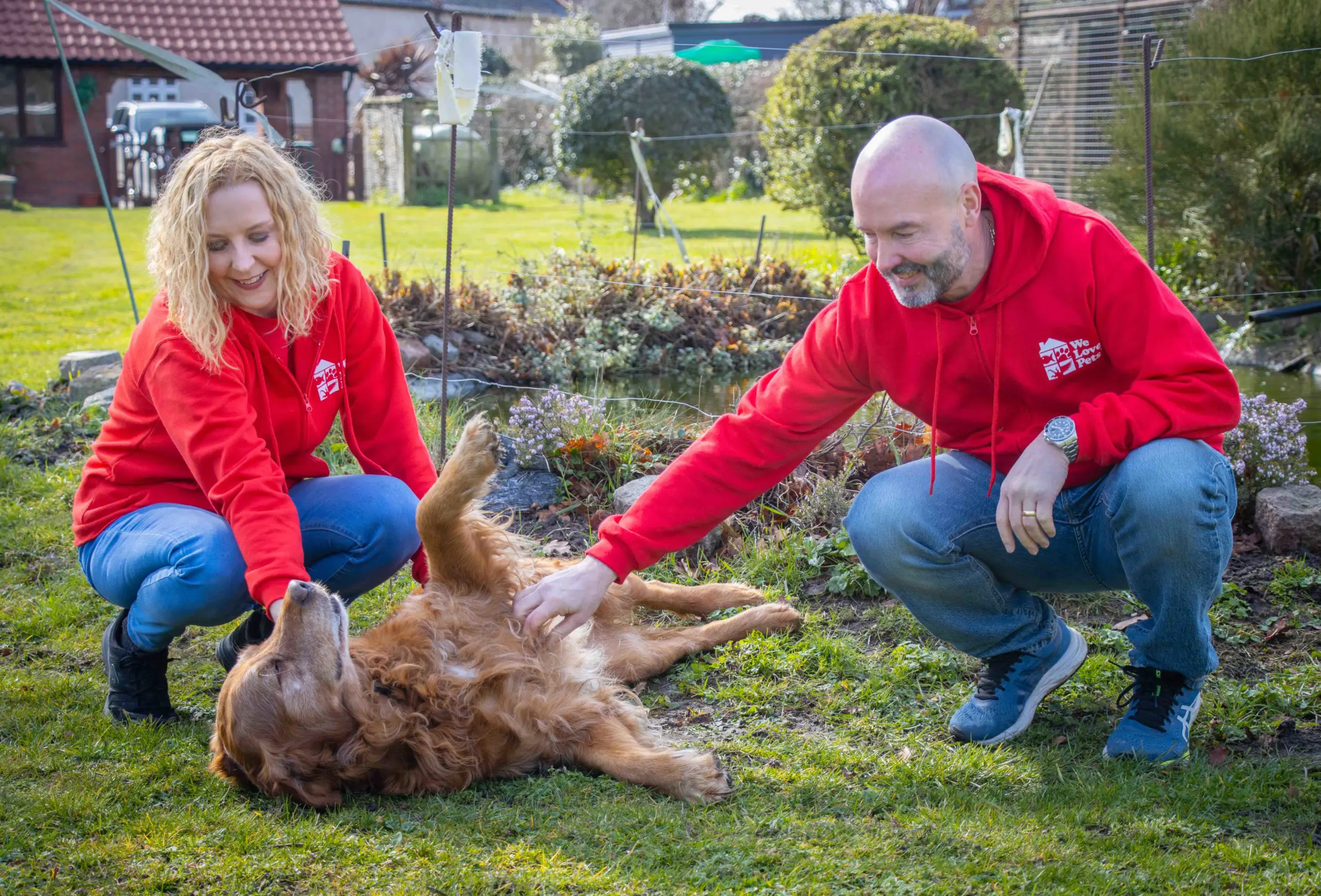The UK is a nation of animal lovers, and birds have been a popular pet of choice in British culture since the earliest royal courts; especially prized for their intellect, colour, and songs. Some 500 odd years later, not much has changed. A 2020/21 survey found that birds ranked third in UK household ownership, just behind dogs and cats, with a population of nearly one million pet birds in 2020.
Whether you’re after a chatty companion, or musical songbird, there’s a bird to fit every taste. Thinking about adding one to your home? Read more about which domestic breeds may be suitable to your lifestyle, and what to expect for their care.
Birds as pets
Looking for a pet that can provide companionship and entertainment, without demanding needs? Or perhaps you haven’t got much space to share with an animal? A bird might be just right for you! Birds are lovely, intelligent pets that can thrive in small spaces and, depending on the species, have low maintenance requirements.
Other pros to bird ownership?
• They are social and friendly
• They’re often inexpensive to feed
• They don’t need much grooming
• They have a long lifespan
• They can be trained rather easily
Domestic birds
Birds are excellent pets for families and individuals alike, and the variety of domestic breeds available mean you’re spoiled for choice. Each species has a unique set of characteristics, so it’s worth learning about their different traits before making a final decision.
- Cockatiels: affectionate, curious, and have a lovely whistle
- Grey Parrots: really intelligent and talented at mimicking speech
- Budgerigars (a.k.a. Budgies): characteristically good at whistling and mimicking speech, they have sociable and outgoing personalities
- Finches: social with both their owners, and other finches
- Cockatoos: a time-demanding bird, but with a loving and sociable disposition
- Macaws: playful and loud, with a distinct screech!
- Caiques: very lively and energetic
- Canaries: little, colourful, and accomplished whistlers & singers
Most popular bird breeds in the UK
Although there’s a vast range of domestic breeds available in the UK, these four ranked most popular among bird owners:
- Budgie: Originally from Australia, budgies are very popular. There are only a few colour variations available, as their natural plumage is greenish yellow. They are a vocal species and have an incredibly high heart rate which beats over 300 times per minute.
- Chickens: Rising in popularity over the last 20 years, chickens have become a common household pet. Many owners are choosing to rescue ex-battery hens in order to give them a better life. For many people, the prospect of fresh eggs for breakfast is a big perk!
- Cockatiel: Cockatiels are a smaller version of their cockatoo cousins, known for their outgoing and affectionate nature. With proper care and nutrition, cockatiels can live up to 20 years – so you can enjoy their company for the better part of a lifetime.
- Canary: The canary belongs to the finch family, originating from the Azores, Madeira, and the Canary Islands. Though the yellow canary is the most well-known, they can vary in colour from red-orange to pink, and white. Canaries are an ideal bird for busy owners, as they don’t require much socialisation or intense care.
Things to consider
We’re all familiar with ‘puppy proofing’ a home, but have you thought about bird proofing? When you introduce a bird into your home, you may have to make some changes to keep them safe.
- Windows, doors, and skylights: make sure they’re shut so your bird can’t escape! It’s advisable to use drapes, blinds or shades over your windows when your bird is loose. Pro tip – keep your bird’s toenails clipped to avoid them getting caught in soft furnishings.
- Electrical and other cords: almost every species experiences oral fixation – the urge to chew, and birds are no exception. Use cord concealers or tubes to cover and protect any wires in your home, so that your bird doesn’t mistakenly chew through them!
- Bathroom hazards: anywhere that your bird might have access to water can be potentially dangerous, as drowning is a concern. Bathrooms might be particularly confusing for your feathered friend if there’s a large mirror, so place a decal on any reflective surfaces to prevent your bird from flying into them! And as you would with any pet, ensure that all medications are completely out of reach of your bird.
- Fans and temperature extremes: extreme temperatures can be potentially dangerous for your bird, so it’s best to avoid placing their cages near open windows, fans, or heating appliances.
Remember, it’s very important to do your research before bringing home an animal, as there aren’t any “maintenance-free” pets. If you’re looking for advice on choosing a bird, we recommend speaking with a veterinarian, or a local pet shop who may be able to provide more information and resources.




